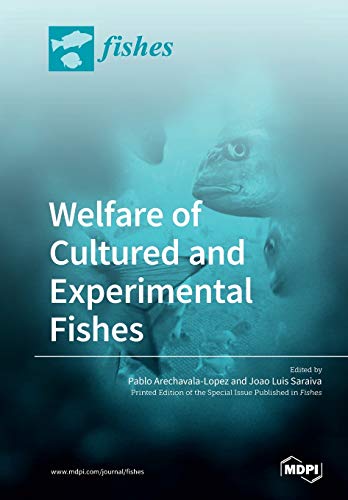

Most ebook files are in PDF format, so you can easily read them using various software such as Foxit Reader or directly on the Google Chrome browser.
Some ebook files are released by publishers in other formats such as .awz, .mobi, .epub, .fb2, etc. You may need to install specific software to read these formats on mobile/PC, such as Calibre.
Please read the tutorial at this link: https://ebookbell.com/faq
We offer FREE conversion to the popular formats you request; however, this may take some time. Therefore, right after payment, please email us, and we will try to provide the service as quickly as possible.
For some exceptional file formats or broken links (if any), please refrain from opening any disputes. Instead, email us first, and we will try to assist within a maximum of 6 hours.
EbookBell Team

4.1
30 reviewsWelfare is a multidimensional concept that can be described as the state of an animal as it copes with the environment. Captive environments can impact farmed animals at different levels, especially fishes, considering their highly complex sensory world. Understanding the ethology of a species is therefore essential to address fish welfare, and the interpretation of behavioral responses in specific rearing contexts (aquaculture or experimental contexts) demands knowledge of their underlying physiological, developmental, functional, and evolutionary mechanisms. In natural environments, the stress response has evolved to help animals survive challenging conditions. However, animals are adapted to deal with natural stressors, while anthropogenic stimuli may represent stressors that fishes are unable to cope with. Under such circumstances, stress responses may be maladaptive and cause severe damage to the animal. As welfare in captivity is affected in multiple dimensions, multiple possible indicators can be used to assess the welfare state of individuals. In the past, research on welfare has been largely focusing on health indicators and predominantly based on physiological stress. Ethological indicators, however, also integrate the mental perspective of the individual and have been gradually assuming an important role in welfare research: behavioral responses to stressors are an early response to adverse conditions, easily observable, and demonstrative of emotional states. Many behavioral indicators can be used as non-invasive measurements of welfare in practical contexts such as aquaculture and experimentation. Presently, research in fish welfare is growing in importance and interest because of the growing economic importance of fish farming, the comparative biology opportunities that experimental fishes provide, and the increasing public sensitivity to welfare issues.